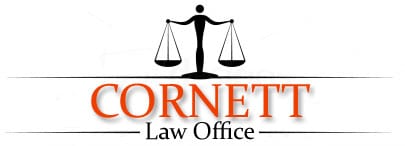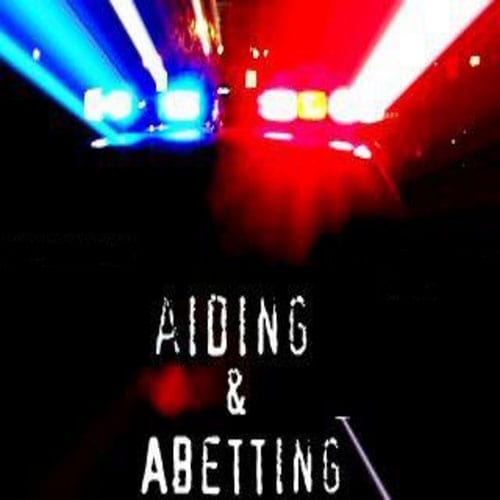A criminal charge of aiding and abetting or accessory can usually be brought against anyone who helps in the commission of a crime, though legal distinctions vary by state. A person charged with aiding and abetting or accessory is usually not present when the crime itself is committed, but he or she has knowledge of the crime before or after the fact, and may assist in its commission through advice, actions, or financial support. Depending on the degree of involvement, the offender’s participation in the crime may rise to the level of conspiracy.
For example, Andy draws a floor plan of a bank, knowing of Dan’s intention to rob it. After Dan commits the robbery, Alice agrees to let him store the stolen money at her house. Both Andy and Alice can be charged with aiding and abetting, or acting as accessories to the robbery.

